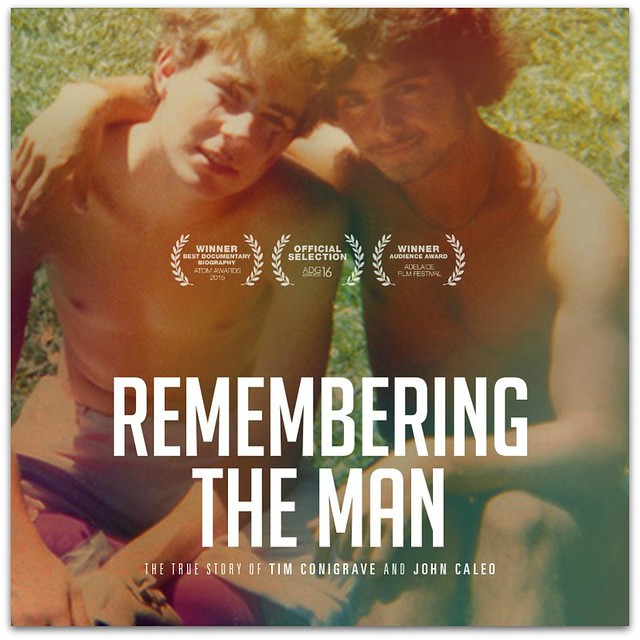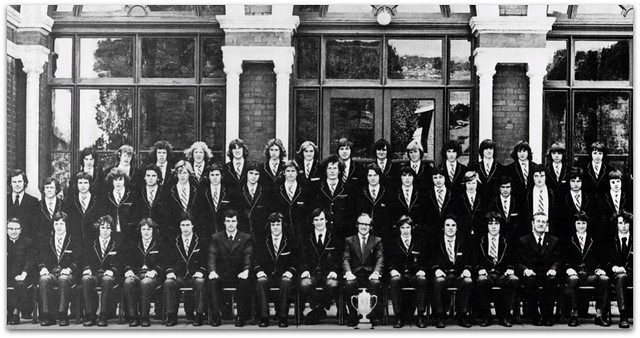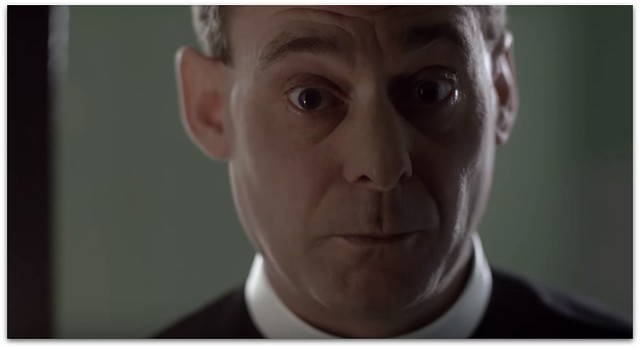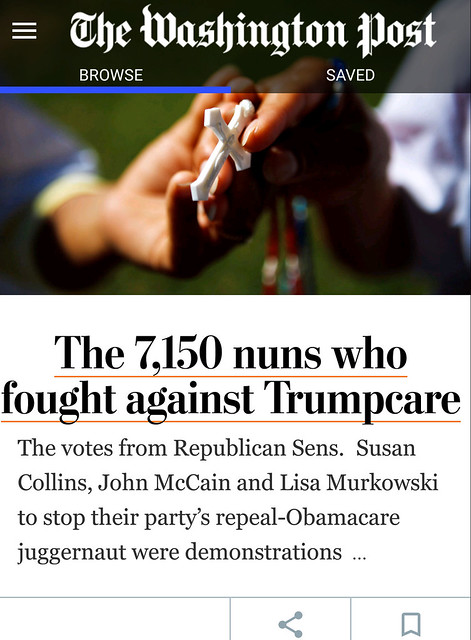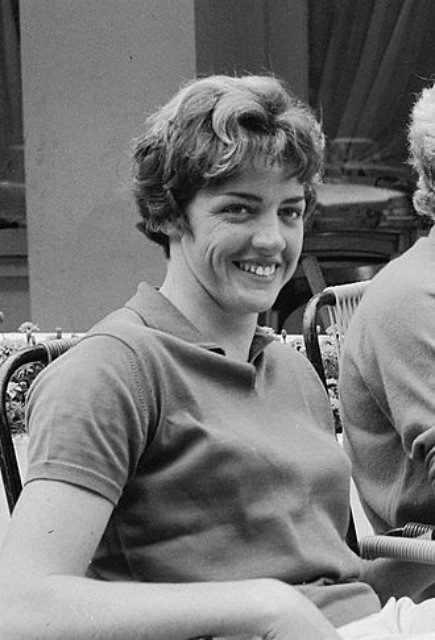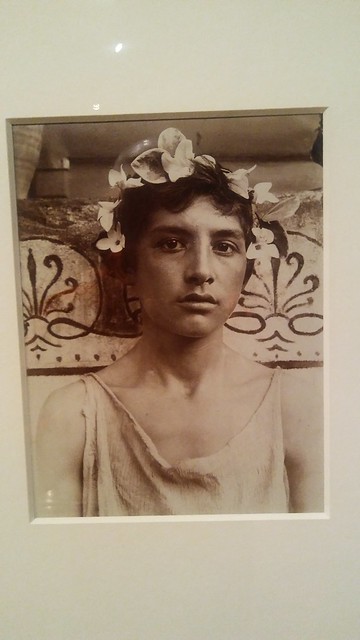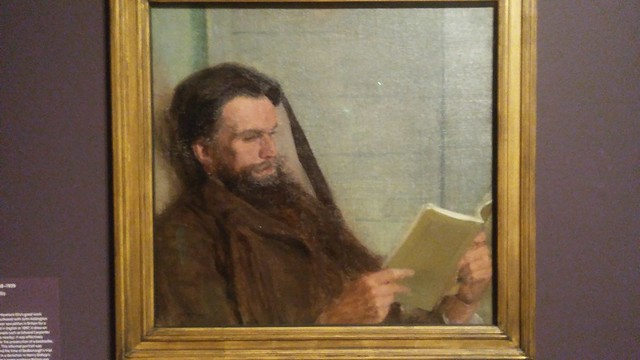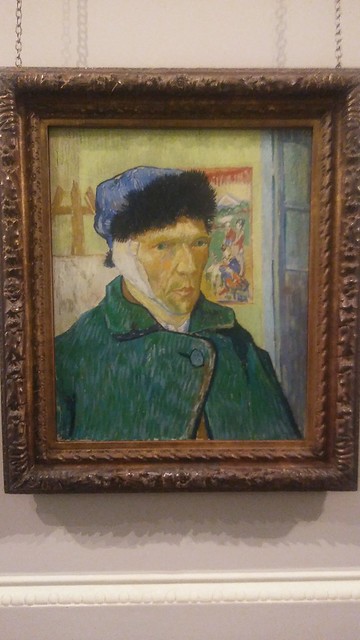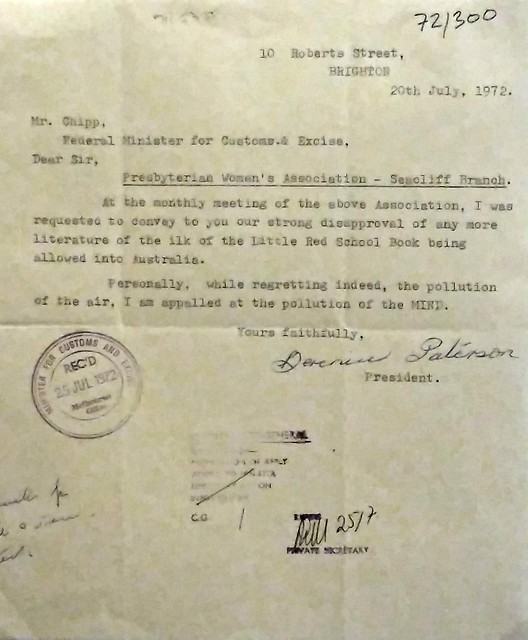As a junior bishop during the Church's World Youth Day in 2008, the now Catholic Archbishop of Sydney Anthony Fisher angered many when he suggested that raising historic cases of child sexual abuse amounted to 'dwelling crankily ... on old wounds'.
Nine and a half years later, he's made another statement that is memorable for the wrong reasons. At his media conference following yesterday's release of the report of the Royal Commission into Institutional Responses to Child Sexual Abuse, he said that 'killing off confession is not going to help anybody'.
He was responding to the Commission's recommendation that a new law be passed to require priests to report cases of child sexual abuse that they learn about while administering the sacrament of confession. Such a law would conflict with the 'seal of confession' of the Church's own canon law.
Archbishop Fisher fears it would 'kill' confession. But Melbourne canon lawyer Ian Waters suggested last night to viewers of ABCTV's The Drum that priests hearing confession have infinite room to move pastorally and that there are means of ensuring abuse is reported to police without necessarily breaking the seal. Where there's a will there's a way was his message.
If a priest did find himself breaking the seal, he would easily find reassurance from Pope Francis himself. Francis has become well known for his insistence that the imposition of church law and doctrine must be qualified by a demonstration of love and mercy towards those who are most vulnerable.
Ten years before Francis became Pope in 2013, the leader of the Australian Jesuits Father Mark Raper made clear to viewers of the ABC's 7.30 Report his view that the Church as an institution is less important than the people it cares for.
Responding to the suggestion that rejecting legal advice by apologising to a child sex abuse victim would be costly to the Church in terms of financial compensation, he said: 'Well, the assets are not as important as the people that we seek to serve. What is the point of doing what we're doing if that's not the case?'
Yesterday my thoughts turned to the principle of 'subsidiarity', which is the bottom line of Catholic social teaching. Subsidiarity, which is most commonly applied to workers' rights, insists that any regulation of economic and social affairs must give priority to the dignity and rights of individual persons.
The principle of subsidiarity is not usually mentioned in the context of sacramental theology. But for me, it's enough to give confidence that 'killing off confession' is justified if the dignity and rights of sex abuse victims are at stake.
Links: Waters | Raper | Subsidiarity
